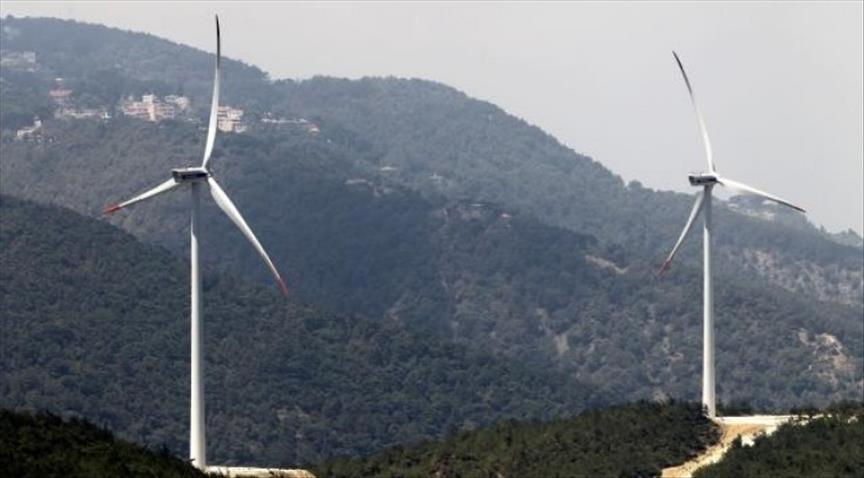Removing the ban on fracking which allows oil and natural gas exploration in Germany is likely to damage Germany's energy policy,the Energiewende, as it will not serve for more energy efficiency and use of renewables, said the spokeswoman on energy policy of the green party in Germany.
German Cabinet is expected to hold a meeting on Wednesday for removal of the fracking ban which has been put in use since 2010. The country is estimated to have around 2.3 trillion cubic metres of shale gas reserves and aims at reducing its dependence on Russian natural gas by producing its own energy.
However, there is a public opposition to the removal of the ban along with a number of politicians who are not satisfied with the intented regulation.
"Fracking does not fit to our energy transition towards renewable energies and it would hinder us from fulfilling our commitments to climate action. Significant uncertainties remain over the potential ecological damage and impacts of using fracking to extract shale gas in Germany," Julia Verlinden, the spokeswoman on energy policy of the green party, told The Anadolu Agency.
She said that investing in a risky technology to extract more fossil fuels does not fit into Germany's targets for reducing green house gases and transforming the energy system.
"To allow fracking and retainment on coal power plants extends our dependency on fossil-fuel based power systems and impedes the transition to a low-carbon energy system," she underlined.
Verlinden proposed that investments should be made for more use of energy efficiency and renewables instead of promoting these technologies. Therefore, she said, "We propose a ban on fracking for gas and oil and to pursue a strategy of ending the use of coal in Germany."
The credit rating agency Fitch Ratings also revealed on Wednesday that "Lifting the ban on fracking in Germany is unlikely to have any significant impact on the country’s domestic gas production in the foreseeable future.”
Fitch also stated that shale gas prospects in the region "are not great" and cited the fluctuating energy prices and drilling costs in Poland. A number of companies withdrew from their shale gas concessions due to the lowering energy prices and high drilling costs since 2013
Additionally, the agency pointed out that aside from legislative hurdles, public opposition to drilling and uncertainty as to the levels of extractable gas available are likely to restrict production.
By Nuran Erkul
Anadolu Agency
nuran.erkul@aa.com.tr


